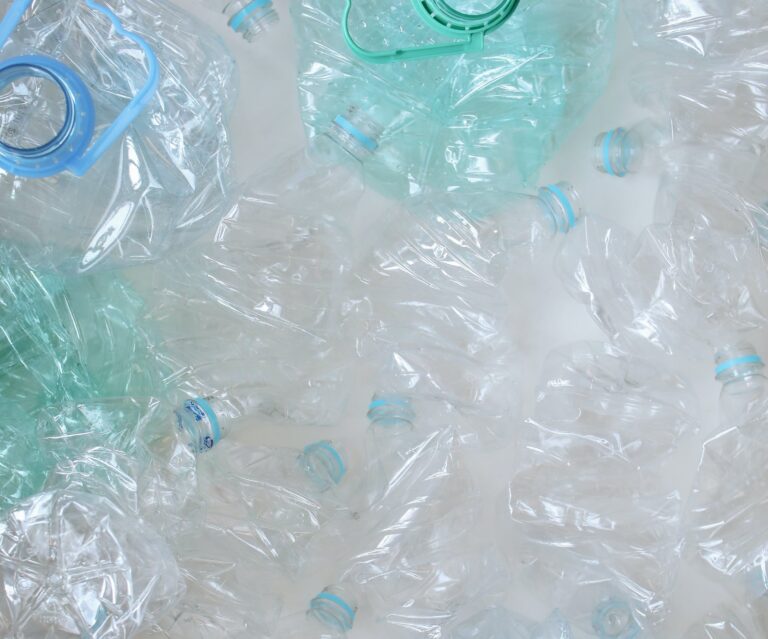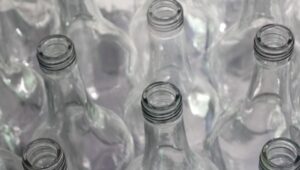It is estimated that 390 million tons of plastic are produced worldwide every year. If we could weigh all the plastic currently on Earth, it would weigh more than double the weight of all land and marine animals combined.
Table of Contents
Plastic in the oceans and seas
It is also estimated that around 8 million tonnes of plastic end up in the oceans every year. There are currently over 150 million tonnes of plastic waste floating – and sinking – in these enormous bodies of water.
Looking at the Mediterranean, it is estimated that every square kilometer of sea contains up to 10 kilograms. This waste is in fact found everywhere, from the surfaces of the seas to the depths of the oceans, from the forests surrounding cities to the highest peaks on the planet.
And in fact, after steel and concrete, plastic is the material most used by mankind. It is essential on the one hand to fight for the recovery and recycling of this waste, without it continuing to barbarically pollute the environment.
And on the other, increasingly reduce the use of this material, starting with its use in the world of packaging. In recent years, the most diverse solutions have been proposed. From boats that clean the surfaces of the seas to bioplastics. And there have also been several studies that have investigated the role of so-called plastic-eating bacteria: what role could they have in cleaning up the planet?
Plastic-eating bacteria: from Japan to Germany
The first year in which plastic-eating bacteria were talked about was 2016. In fact, that year in Japan, during research on bacterial colonies in a landfill, protobacteria from the Comamonadaceae family were identified. Which – due to of a mutation – they are capable of degrading PET (polyethylene terephthalate), one of the most widespread plastics.
From that moment on, several studies were conducted to understand what role plastic-eating bacteria could have in “cleaning up” the planet from this waste. A study carried out by the University of Portsmouth, for example, tried to make plastic-eating bacteria more hungry. Thus increasing their effectiveness in degrading plastic by 20%.
An investigation conducted by the University of Crete, however, tested the real potential of these bacteria. Thus discovering their ability, in 5 months, to reduce the weight of polystyrene by up to 11% and the weight of polyethylene by up to 7 %.
As can be understood, therefore, plastic-eating bacteria cannot be a solution in itself, much less the solution tool. However, they could have a use in the future. Especially since in nature the action of plastic-eating bacteria has also been identified elsewhere.
Read also: How long does it take for plastic to decompose?
Marine bacteria that degrade plastic
As mentioned, the oceans and seas are full of plastic. However, some studies have calculated that in reality the presence of this waste in water should be even greater. Where did the “missing” tons of plastic go?
The Royal Netherlands Institute for Sea Research in Texer, Holland, explained that the culprit would be a marine bacterium, Rhodococcus ruber, which has proven capable of degrading and digesting polyethylene very slowly, a type of plastic quite common in the world of packaging.
It would all start with the action of the sun’s rays, which start the breakdown of plastic. At that point marine bacteria come into play, which manage to degrade the plastic, albeit at an extremely slow rate.
Alpine and Arctic microbes that degrade plastic waste
Other plastic-eating bacteria were also identified by the Swiss Federal Institute for Forest, Snow and Landscape Research (WSL), which found these bacteria both in the Alps and in the Arctic regions.
In this case we are talking about microbes capable of degrading only two types of plastic. Namely polyurethane obtained from biological sources and polybutylene adipate terephthalate (PBAT), made from fossil sources.
Read also: Asia is the global epicenter of plastic pollution












